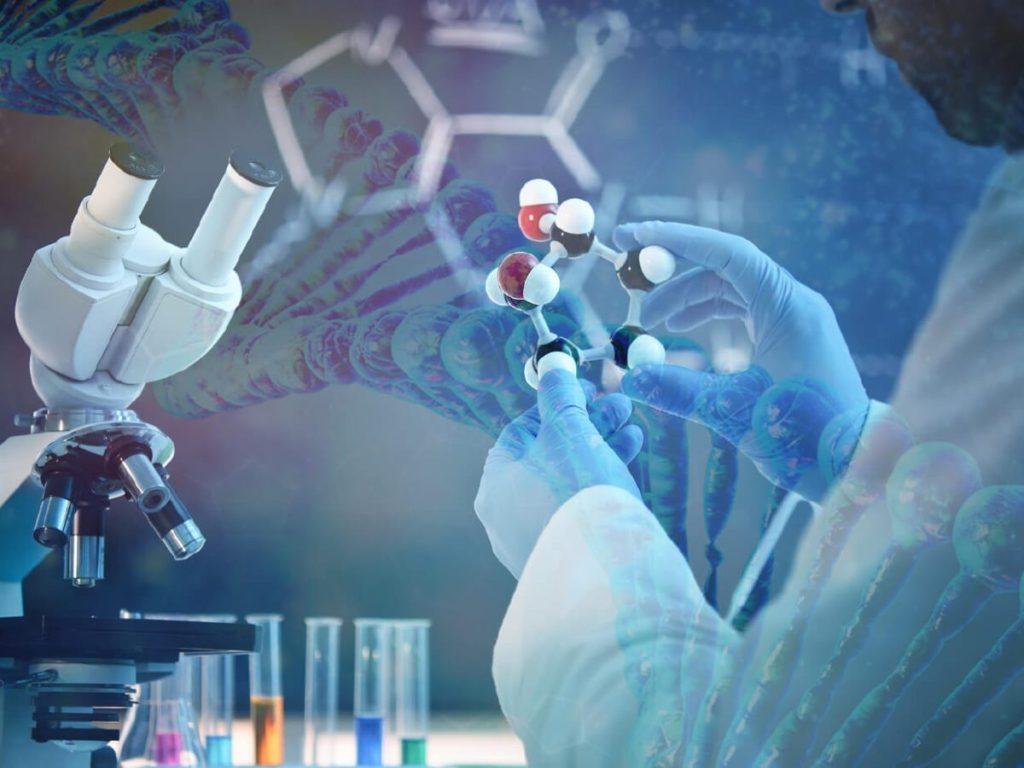According to WHO data, people all around the world are living longer. From 2000 to 2019, life expectancy increased by over 6 years – from 66.8 years to 73.4 years.
This is only possible because of the advancements made in the medical field, especially in biotechnology.
If you want to know more about how biotech breakthroughs are improving healthcare access, keep reading.
About Biotech Breakthroughs

Biotechnology is the use of biological systems like cells and bacteria to develop new medical solutions. The biotech revolution began in the late 20th Century when scientists started experimenting with living organisms to treat medical conditions.
Today, we have groundbreaking technologies available to diagnose and treat different ailments. This industry is rapidly evolving after the commercialization of biotech products.
Scientists are using this breakthrough to develop better and more effective medicines. Commercialization helps to make these breakthroughs available to everyone around the world and provides easy access.
How Biotech Breakthroughs Are Improving Healthcare Access?

We are now going to discuss the key innovations in biotechnology and how they are improving healthcare access:
1. Vaccines
Biotechnology is at the forefront of vaccine development. We all are witnesses to how scientists came up with the COVID-19 vaccines in a short span of time. The mRNA-based vaccines helped billions of people to develop immunity and fight the coronavirus. Pfizer and Moderna are the two biotech companies that were at the forefront of this biotech innovation.
These vaccines are accessible to all with mass production. Due to commercialization, the vaccines were able to reach even the most remote populations. Now, we have stronger and more powerful vaccines to fight the different variants of the virus.
2. Genome Sequencing
Biotechnology advances have made genome sequencing more affordable and accessible. The Human Genome Project, completed in 2003, decoded our genetic blueprint. This breakthrough led to the development of personalized medicine and the identification of disease-related genes.
Companies like Illumina further revolutionized sequencing, making it faster and more widely available. Their latest NovaSeq X systems can sequence a human genome for $200. It can easily handle vast amounts of data, which is a huge leap from earlier technology.
3. Gene Editing
CRISPR is one of the biggest biotech breakthroughs. It stands for clustered, regularly interspaced short palindromic repeats. CRISPR is a gene editing technology that helps to alter DNA to provide precise medical treatment. It offers a possible solution for treating various genetic diseases.
For example, Intellia modified guide RNA to switch liver-targeted therapy demonstrates CRISPR’s flexibility. Approvals for CRISPR-based sickle cell treatments highlight its potential for human health. Clinical trials for diverse conditions, from blood disorders to blindness and HIV, indicate CRISPR’s promising future.
4. Monoclonal Antibodies
Monoclonal antibodies (mAbs) are a remarkable biotech breakthrough in precise disease treatment. These are engineered proteins that help in the development of modern medicines. Herceptin by Genentech transformed HER2-positive breast cancer care, marking a shift to personalized medicine.
These engineered proteins aren’t just for cancer but also help to treat autoimmune diseases, infections, and neurological conditions. For example, Biogen’s Aduhelm for Alzheimer’s showcases its potential in addressing challenging health issues.
5. Regenerative Medicine
Regenerative medicine shows great potential for healing and regrowing tissues. Stem cells are known for their ability to regenerate and can help in organ transplants.
Advances in tissue engineering are changing organ transplants by creating organs in labs. For instance, there have been successful cases of transplanting bioengineered bladders and tracheas.
How Biomedica Group Can Help?
Biotechnology breakthroughs often remain unavailable for patients in underserved emerging markets. This is where the Biomedical Group can help. They function as the bridge between biotech companies and patients with unmet needs.
By commercializing biotech products and medicines, they make them accessible to all, even patients in underserved emerging markets.
With over 20 years of industry expertise, they offer expert distribution. They minimize costs and advise on optimal market entry in over 25 countries. This ensures swift access to essential treatments.
Conclusion
Biotech breakthroughs are transforming healthcare changing how we diagnose, treat, and prevent diseases. These innovations offer better patient care and hope for managing or curing once-incurable illnesses. Supporting research and development in biotechnology and making it accessible to all is crucial for a promising, healthier future.

